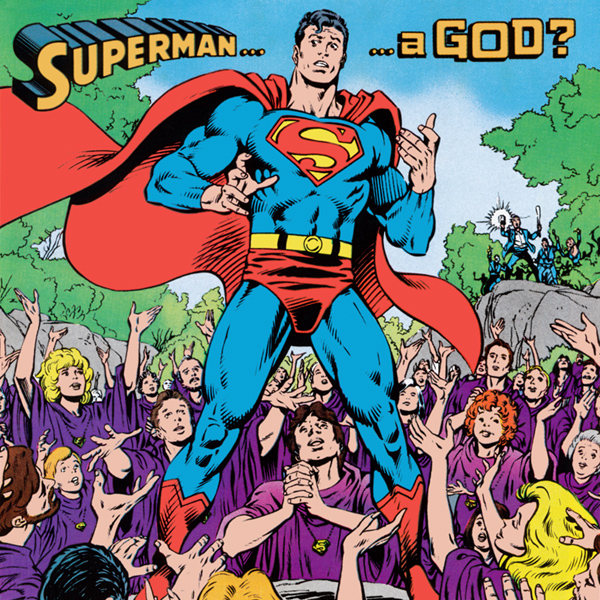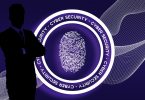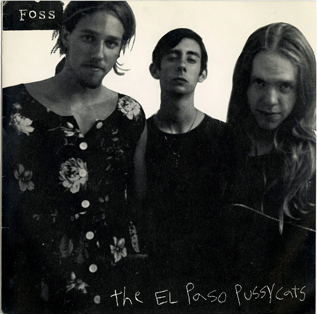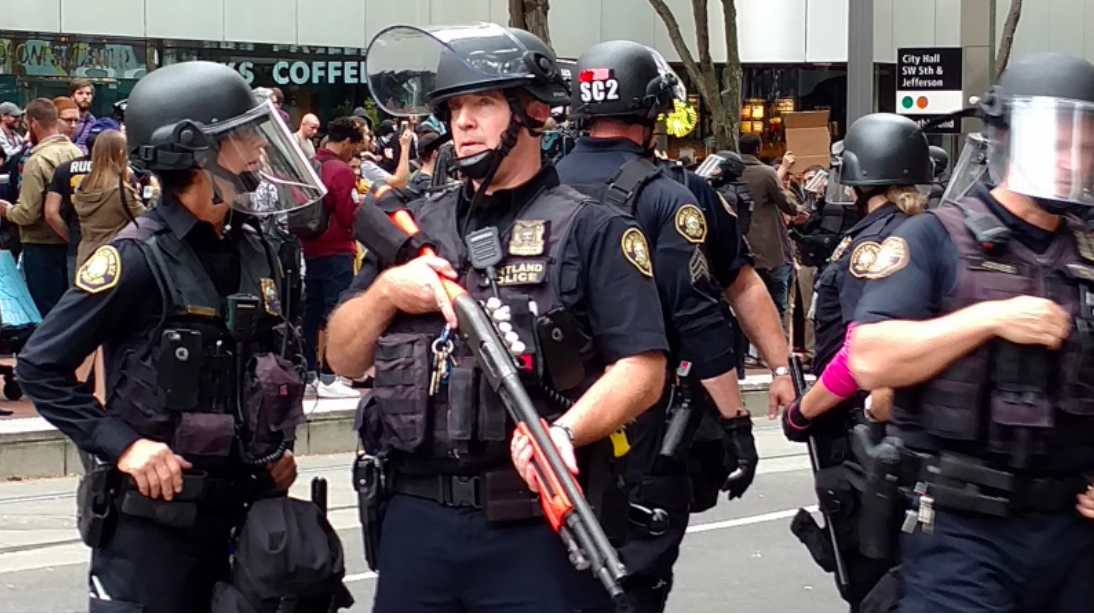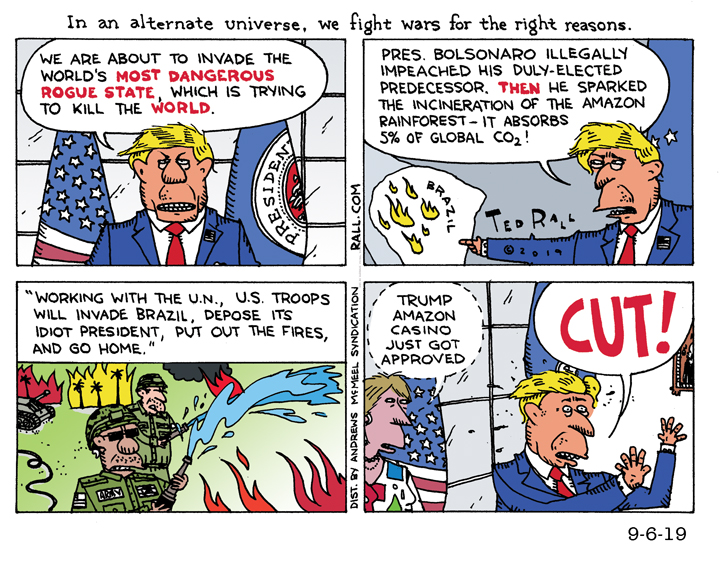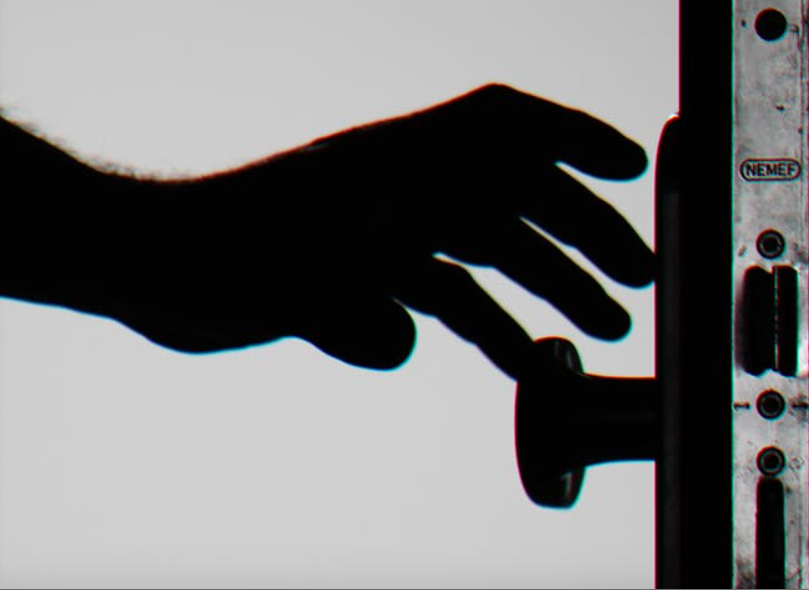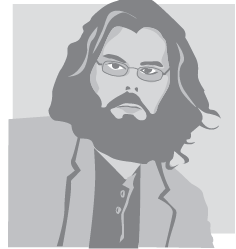 aNewDomain — The more powerful you are, the more you present a challenge to the freedom of others.
aNewDomain — The more powerful you are, the more you present a challenge to the freedom of others.
This is evident every day here in the United States. A few individuals can restrict the range of options for large swaths of society. State governments wield inordinate power, for example – to limit people’s rights to marry or divorce, health care options, smoking limitations, alcohol and drug restrictions, whether you can participate in sweepstakes or lotteries …
When it comes to things like marriage, your civil rights are a matter of public opinion.
These are not God-given rights handed down from above, but a matter of what your fellow citizens are willing and eager to vote for. You don’t have the right to marry who you want. You have the right to marry whomever politicians, elected by the most opinionated of us, decide it is fitting for you to marry.
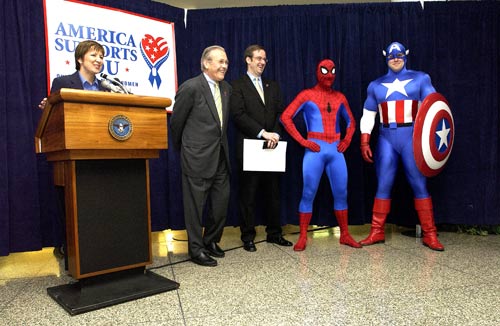 The more power you hold, the greater your chances of trampling the rights of the little people.
The more power you hold, the greater your chances of trampling the rights of the little people.
And you don’t have to be a government official to trample.
If you run a company – say, Hobby Lobby – and you make a shit-ton of money on the backs of labor, you can hire lawyers to take your freedom-limiting case to the Supreme Court.
This is not at all a cheap proposition. It’s far costlier than providing the birth control they don’t want to pay for — orders of magnitude costlier.
If you run a hospital, and organize it as a tax-exempt, religious endeavor, you can decide who you treat and how. You can decline to perform medically necessary abortions, for example, fail to adequately counsel rape victims about their options, fail to educate sexually active teenagers or respect their privacy.
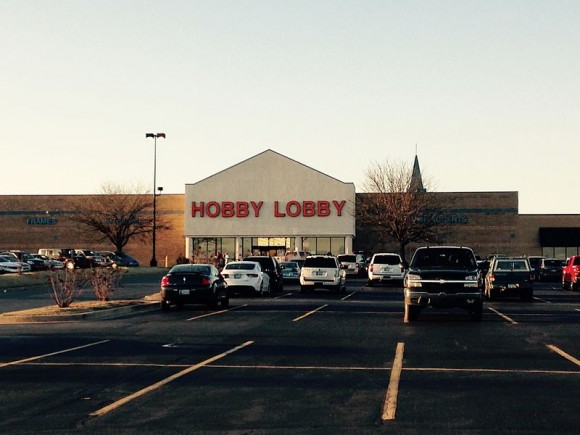 If you’re a therapist or a teacher, your clients and students are at great risk from your beliefs. You don’t feel terribly powerful but you are, in their minds. You can influence behavior, influence beliefs and choices, often unduly.
If you’re a therapist or a teacher, your clients and students are at great risk from your beliefs. You don’t feel terribly powerful but you are, in their minds. You can influence behavior, influence beliefs and choices, often unduly.
An uncareful therapist can give the client the belief that their problems are symptoms of an illness, that those symptoms are unacceptable, and that a medical excision of the problem is in order.
Abuses of power are easy to find.
When it comes to superheroes, these fictional characters rarely learn these lessons. Power comes with the responsibility to refrain from exercising power. As power increases, care of action must also increase.
The person driving the car has to check twice for motorcycles in their blind spots. The adult has to place their feet carefully in the room full of children.
Someone like Superman, next to God in the modern depictions, routinely disrupts freedom. He protects people from their mistakes, their potential learning mistakes, because he thinks they would be tragedies.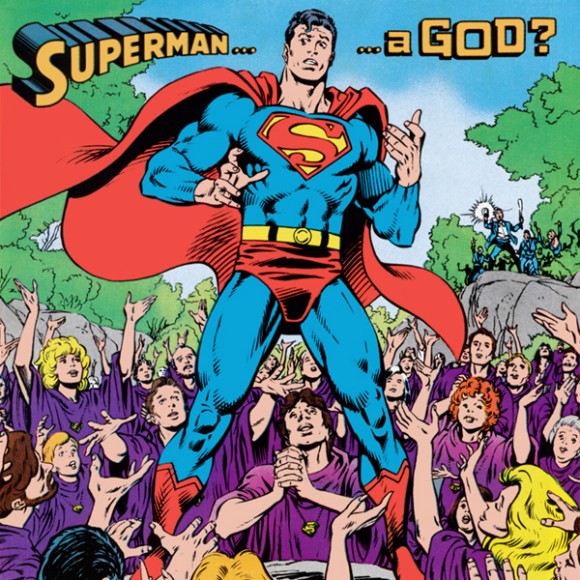
He’s right – but we learn from tragedy. He stops the bad guys single-handedly, eliminating our chance to be heroic, to grow, to enact pacifism, anything. Superman is Teen Wolf on the basketball court, hogging the ball, hogging the glory.
With an all-powerful, omniscient, omnipotent Superman on the court, there’s no point in the rest of us showing up to the game.
That’s why God can’t fix climate change, can’t answer prayers, can’t intervene directly in your life regardless of your personal relationships or beliefs.
We can draw strength from our faith, learn lessons … but it is up to us to enact our will into the world. No God worth contemplating could intervene in our affairs. Infinite power must invoke infinite stillness.
Even observation from a being so powerful would throw the whole damned pinball table into TILT. Such a being, assuming any kind of good intentions, would need to be completely paralyzed by the knowledge that any action on its part, no matter how small or well-intentioned, robs us fundamentally of our freedom. All of it.
All of our free will is entirely dependent on divine non-intervention.
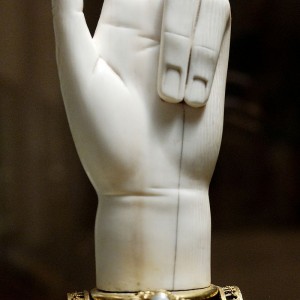 What does this mean for humans?
What does this mean for humans?
We are inordinately powerful beings. We change the lives of all those around us. All the time, every day.
Children are the most vulnerable. Students, clients and patients, too. Employees. The people we mentor, formally or otherwise.
We can tell them the way things are, give them the knowledge they need to succeed, protect them from harm. But unearned knowledge is of such little value …
The best we can do, sometimes, is be there if we’re needed. To provide comfort, a good example, empathy. To do very much else is to risk robbing people of their essential freedom.
For aNewDomain, I’m Jason Dias.
Image one: U.S. Defense Dept.. photo by U.S. Air Force Tech. Sgt. Cherie A. Thurlby. Licensed under Public Domain via Wikimedia Commons; image two: by liamferguson, via CreativeCommons (Own work); image three: The Hand of Justice, from Wikimedia Commons.by Martin-Guillaume Biennais (1764–1843) – Marie-Lan Nguyen (2009). Licensed under CC BY 2.5 via Wikimedia Commons; cover image: Superman.wikia.com, All Rights Reserved.

